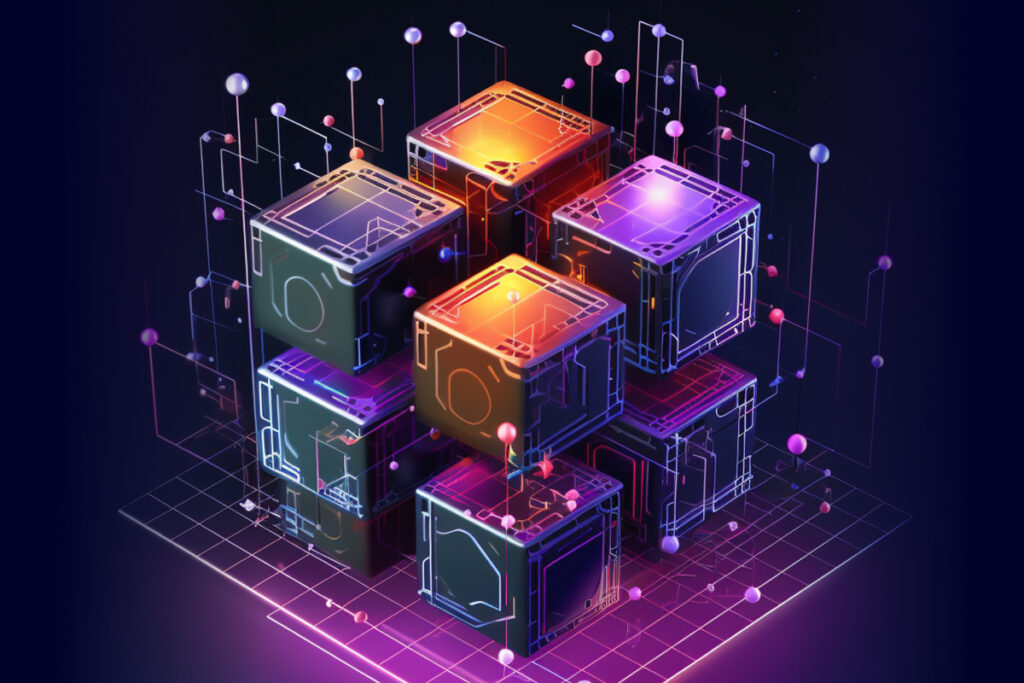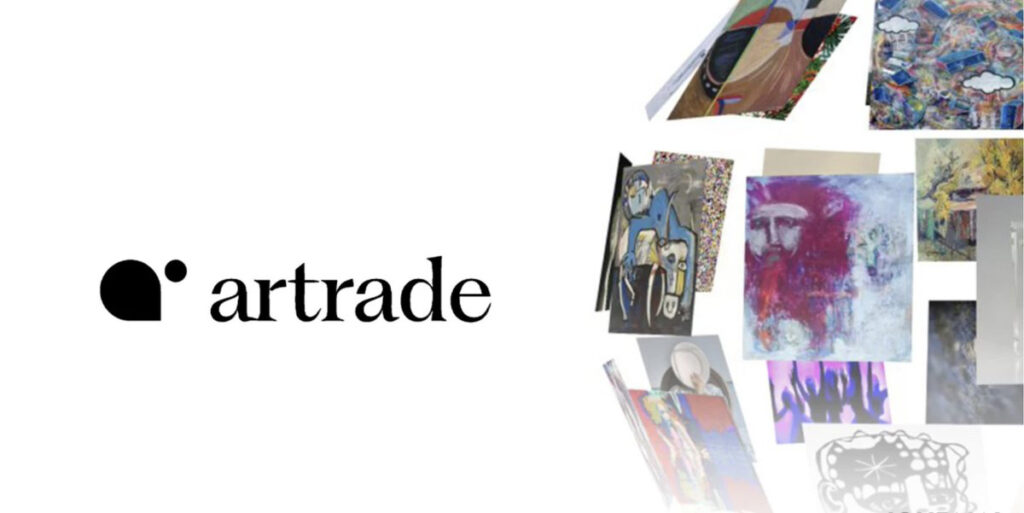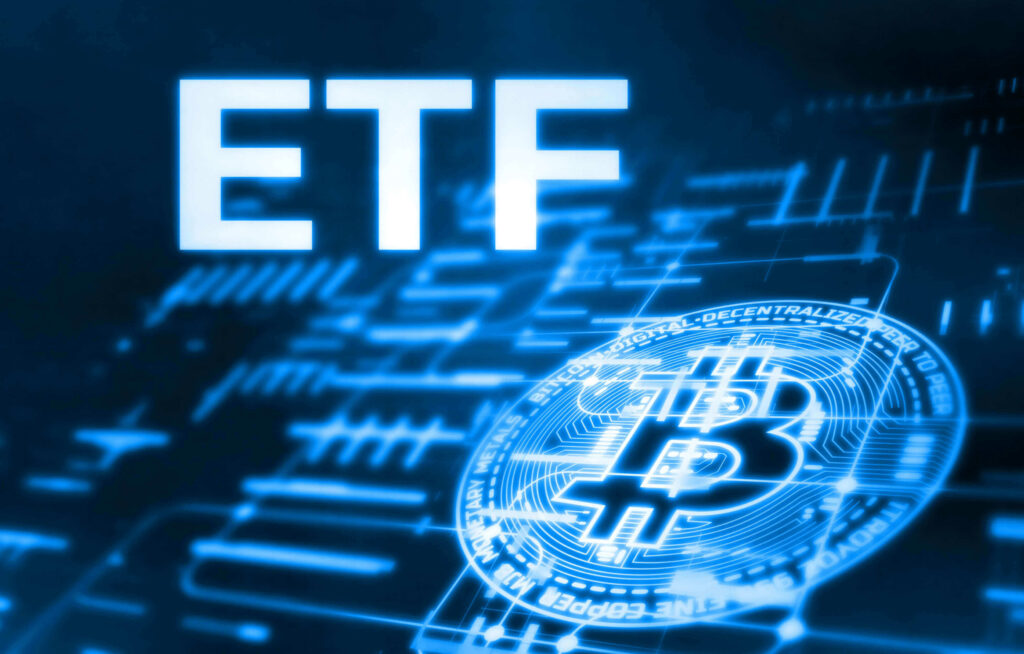The video game industry has always been propelled by rebellious minds, determined to achieve the impossible. Today, @ArgusLabs_ positions itself as a game developer and publisher in search of the next major change in the industry, with a mission to pave the way for the Internet of Games.
Argus Labs’ flagship project, the World Engine (WE), emerges as a blockchain specially designed for online games. By enabling developers to create and customize their own open and interoperable game worlds, the World Engine represents a major breakthrough for the gaming industry, addressing the need for seamless connectivity between games.
Discover how Argus Labs, as a web3 and video game company, merges these two worlds to create a new era in interactive entertainment.
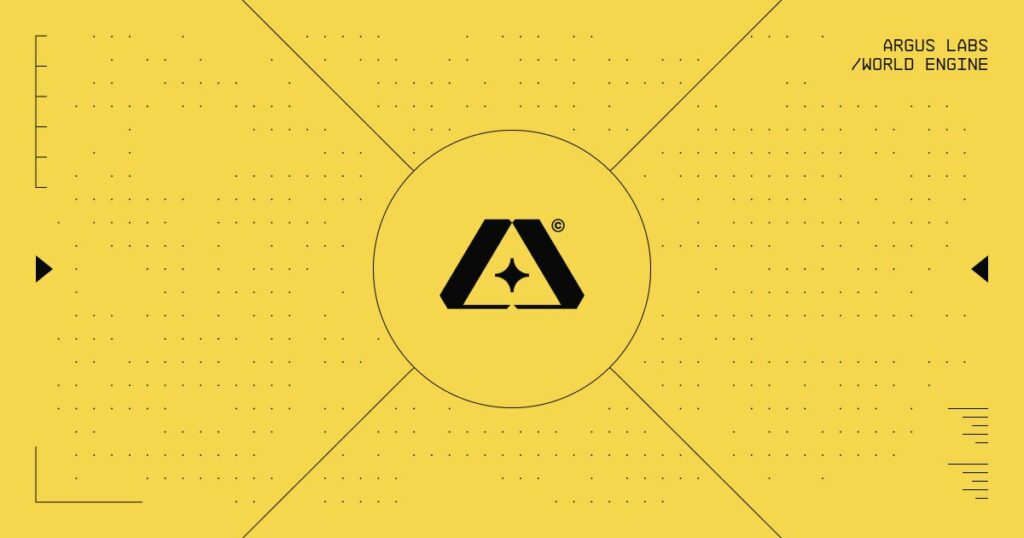
Current Challenges in the Gaming Industry
The dynamic universe of video games, despite its constant evolution, faces crucial challenges that hinder its potential for innovation and expansion. This section closely examines current obstacles in the gaming industry, highlighting the need for a solution like the World Engine.
🔹 Disconnection of Online Games despite Emergence of Innovative Ideas
Although online games emerged in the Internet age, a disconnection persists among them, limiting the full exploitation of possibilities in a connected universe. The fragmentation of online games prevents smooth communication and hinders the creation of interconnected game worlds.
🔹 Constraints for Developers and Players on Existing Platforms
Current gaming platforms impose significant constraints on both developers and players.
➮ Game creators are often restricted by structures imposed by dominant platforms, limiting their creativity and ability to design unique gaming experiences. ➮ Players, on the other hand, crave more creative freedom but are limited by restricted access to data and game mechanics.
🔹 Hindrance to Innovation and Evolution of Interconnected Economies
Online games struggle to communicate with each other, posing a significant challenge for innovating and evolving systems that encompass multiple games. Developers are constrained by the rules of existing platforms, making it difficult to create new gaming experiences and establish interconnected economies.
In summary, in the gaming industry, there are issues related to:
➮ Disconnection between games
➮ Constraints imposed by platforms
➮ Poorly interconnected economies.
Argus Labs’ World Engine presents itself as a solution to overcome these challenges by providing a blockchain infrastructure specifically designed for online games.
Extraordinary Content Driven by Technological Breakthroughs
The history of video games is closely intertwined with technological advances that have constantly redefined the boundaries of what is possible (as we’ve recently seen with the emergence of the Metaverse). This section explores the crucial importance of technology in the development of video games, identifies the technological catalysts that have marked different eras, and unveils Argus Labs’ vision, considering blockchain as the next catalyst for the gaming industry.
🔹 Importance of Technology in the History of Video Games
From the earliest playful explorations on monochrome screens to today’s immersive virtual worlds, technology has been the driving force behind the evolution of video games. Each new generation of consoles, graphics, and processors has paved the way for more complex and captivating gaming experiences. The constant quest for performance and technical innovations has helped shape the industry as we know it today.
🔹 Argus’s Vision: Blockchain as the Next Catalyst
Argus Labs sees blockchain as the next catalyst capable of revolutionizing the gaming industry. While previous eras have seen the emergence of gaming giants through advances such as arcades, the internet, social, and mobile gaming, Argus views blockchain as a technological breakthrough capable of transcending current limitations.
This vision is framed within a perspective where blockchain enables game worlds to persist beyond the initial creation, unleashes players’ creativity, provides a canvas for unprecedented gaming experiences, and orchestrates interconnected economies between games.
The Maze of Game Infrastructure
🔹 Argus’s Origins with the Game Dark Forest on Ethereum
Argus Labs burst onto the video game scene in 2020 with Dark Forest, the first MMORTS game entirely based on the Ethereum blockchain. This creation raised the question: “What happens when every game action is recorded on the blockchain?” Dark Forest unveiled the future of crypto games, offering an experience where players could:
➮ Create self-managed item markets ➮ Emergence of information exchange hubs ➮ Players’ ability to enrich the game world without developer intervention…
All autonomously through smart contracts that provided a powerful framework for weaving autonomous systems within the game.
🔹 Limitations of Current Blockchains for Games
The current reality is that building games on the blockchain is akin to building on Microsoft Excel: a complex and limited task. Smart contracts cannot autonomously execute at regular intervals, hindering the creation of an essential game loop. These limitations create additional challenges for game developers, restricting their creativity. Many settle for placing game items as NFTs, but creating games entirely based on the blockchain remains limited to simple strategy or turn-based games with reduced refresh rate requirements.
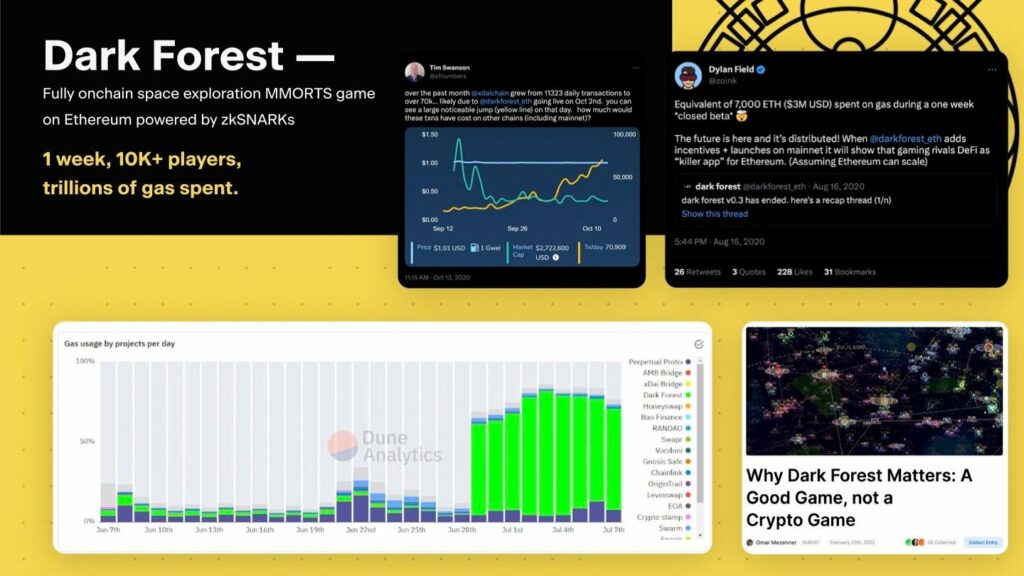
Introducing the World Engine
🔹 Acknowledging the Shortcomings of Current Blockchain Infrastructure
While developing Dark Forest, Argus Labs quickly realized that the blockchain infrastructure for games had issues. Despite its promises, the blockchain faced limitations that hindered developers’ creativity and the quality of games.
🔹 Genesis of the World Engine as a Blockchain Specifically Designed for Games
The genesis of the World Engine originated from the following question: “How can we design a blockchain that exclusively meets the requirements of online games?” Argus Labs gave birth to a blockchain designed from scratch for games. The World Engine emerges as a bespoke solution, overcoming the limitations of generic blockchains and providing a platform dedicated to game developers to unleash their creativity. 🔗
🔹 Introduction of the World Engine as a Layer 2 Software Development Kit (SDK)
The World Engine is positioned as a Layer 2 Software Development Kit (SDK), introducing an innovative approach for game developers. As a second-layer blockchain (Layer 2), the World Engine inherits the security and decentralization of the underlying layer (Layer 1), allowing developers to focus on what they do best: creating bangin’ gaming experiences!
This approach provides a solid foundation for building open and interoperable game worlds, eliminating the barriers imposed by current infrastructures.
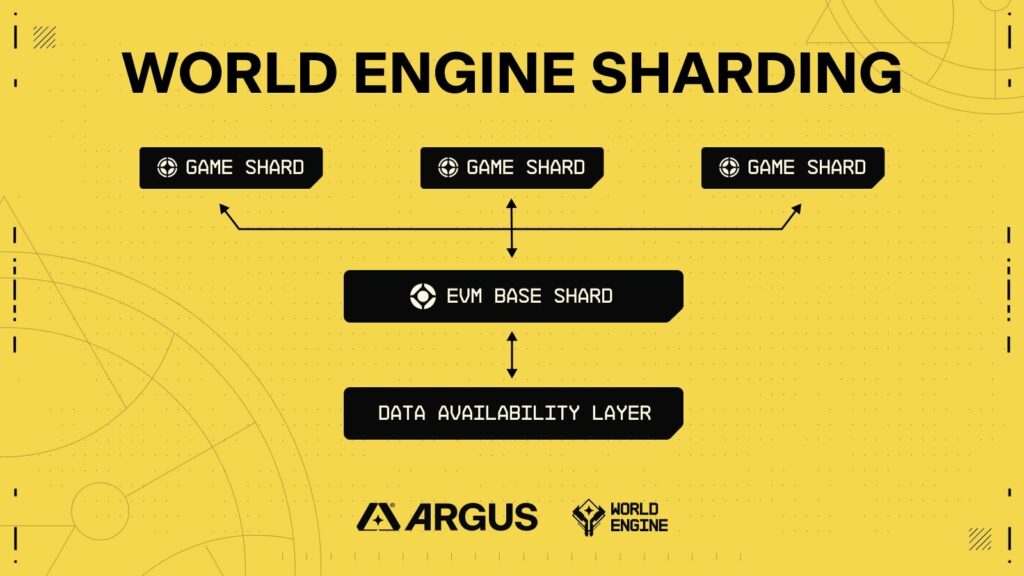
Horizontal Scalability for Game Growth
🔹 Innovative Architecture of the World Engine based on Sharding
The very essence of the World Engine lies in its sharding-based architecture. Inspired by the architecture of Massively Multiplayer Online (MMO) game servers, this approach allows developers to distribute their game’s workload across different fragments, or shards. Each shard thus becomes a horizontally scalable blockchain, owned by the gaming community and evolving with it.
🔹 Advantages of Sharding in Game Workload Distribution
Sharding provides an elegant solution for dynamically distributing game workload. This means that the World Engine system can scale up according to demand, increasing as much as the game developer or publisher requires.
By avoiding interoperability issues and platform fragmentation associated with creating a new rollup, the sharding architecture of the World Engine represents a significant advancement in blockchain design for gaming.
🔹 Introduction of Cardinal as a Highly Performant Initial Implementation
Cardinal, the first sharding implementation of the World Engine, emerges as a highly performant solution. Based on an Entity-Component-System (ECS) architecture, Cardinal offers a development experience familiar to game creators. It avoids the need to learn new programming languages such as Solidity or Vyper. With game logic written in Go, Cardinal ensures integration with existing game engines like Unity and Unreal (like the stuff associated with Fortnite), eliminating complexities associated with blockchain integration.

Transparent Interoperability Layer
🔹 Utilization of Shards Router to Enable Interoperability
The World Engine transcends traditional interoperability boundaries through its Shards Router. This ingenious feature enables seamless communication between Game Shards and the EVM layer, thereby facilitating interoperability between different gaming worlds. The barriers that often hinder connectivity between games are thus lifted, providing developers with the opportunity to create integrated and interconnected gaming experiences.
🔹 Expressive Customization of the EVM Layer through Polaris
The World Engine’s EVM layer, supported by Polaris, offers expressive customization. This modularity allows developers to adjust the EVM layer according to their needs, whether to subsidize gas costs for users or to gamify smart contract deployment. Polaris expands developers’ creative possibilities, providing a playground where only the boundaries of their imagination define the parameters.
🔹 Opening Up to Developers’ Creative Possibilities
The World Engine removes typical limitations, offering developers a virtual playground where only imagination matters. This space allows developers to explore, experiment, and innovate. This creative freedom is crucial for giving rise to new styles of games, ushering in an era of unprecedented and interconnected gaming experiences.
Building on the World Engine
🔹 Announcement of the Launch of the Private Beta Phase
@ArgusLabs_ announced the launch of the private beta phase of the World Engine. This crucial step represents the transition from their vision to reality, offering game developers an exclusive opportunity to dive into the W.E. universe before its official launch!
🔹 Invitations to Selected Teams to Test the World Engine
Selected teams are invited to get a first look at the World Engine’s features during its private beta phase. They will have direct access to central team support, addressing all their questions, and their feedback will contribute to the continuous improvement of the system.
🔹 Outlook for the Official Version Based on Beta Phase Feedback
Feedback from the private beta phase will be essential for enhancing the World Engine. The input from participating teams is eagerly awaited, carefully reviewed, and integrated to create an official version of the World Engine that exceeds developers’ expectations. Collaboration is key to pushing the boundaries of innovation in the gaming industry!
